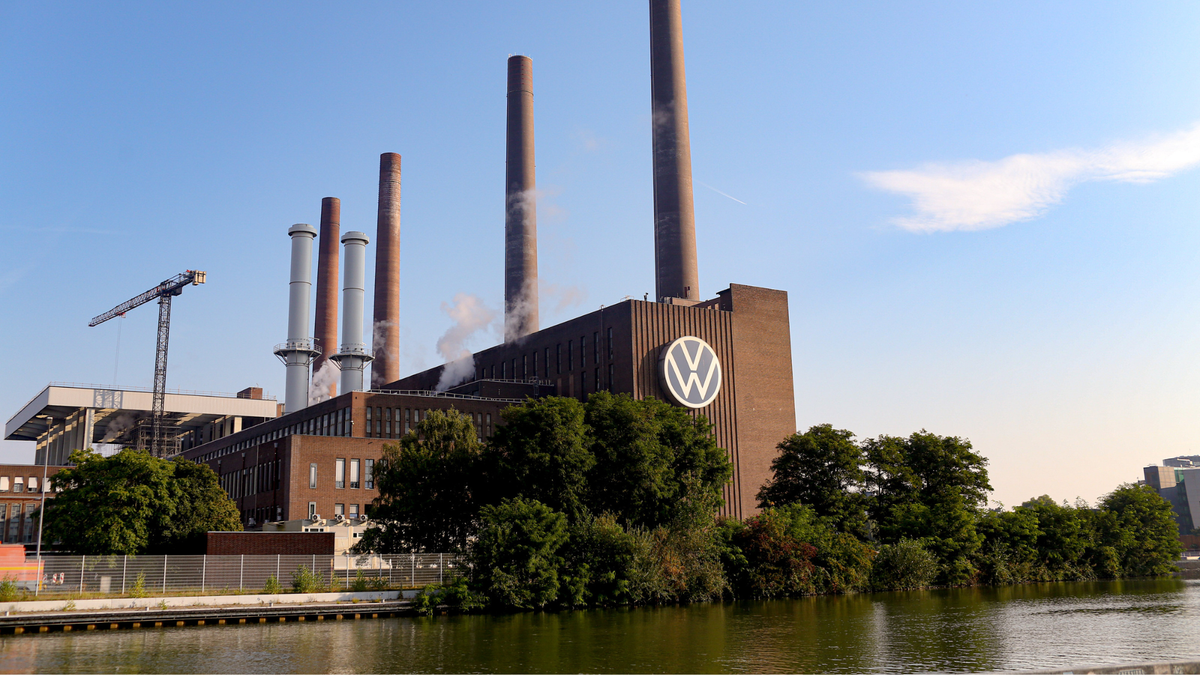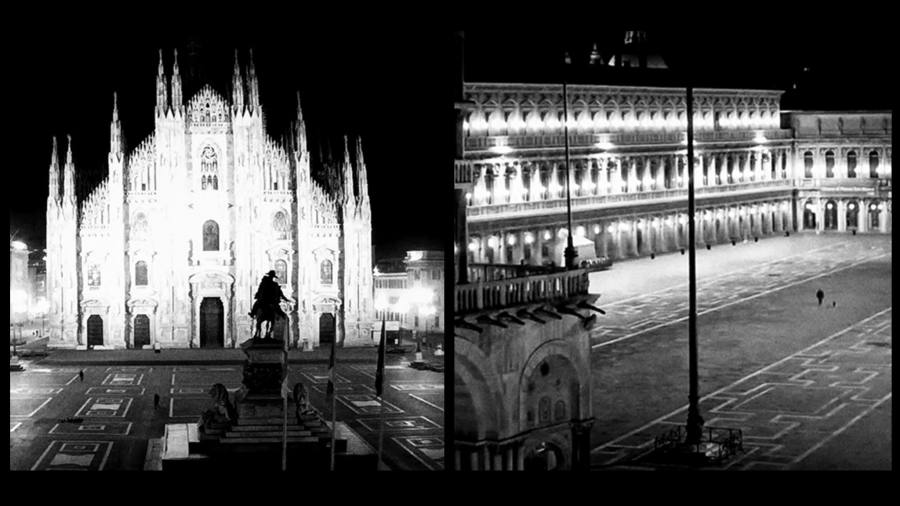
Volkswagen on the ropes: a crisis of its own making
The term "Zeitenwende", meaning "a changing of the times", is being heard rather frequently in Germany at the moment, said Dirk Kaufmann and Nadine Mena Michollek in Deutsche Welle (Bonn). Coined by Chancellor Olaf Scholz in relation to shifting foreign and defence policy demands after Russia invaded Ukraine, it has also come to describe massive changes in the German economy . And no company symbolises these changes quite like Volkswagen, which is reportedly considering closing three of its ten German plants, axing tens of thousands of jobs and cutting pay, as it looks for €4bn in savings after seeing its profits massively eroded by Chinese competitors.
There are some companies that, owing to their size and history, are almost impossible to separate from their home country, said Michael Rasch in Neue Zürcher Zeitung (Zürich). "Volkswagen is one of them." Founded by the Nazis in 1937 as a state-owned carmaker, it became a symbol of German economic might. And today, following two years of stagnant growth in Germany , it is seriously struggling: profits were down by nearly 64% year-on-year in the third quarter of 2024, and its 300,000-strong workforce could be facing a collective 10% wage cut.
Most of Volkswagen's problems can be traced to China, said Jordyn Dahl on Politico (Brussels). For years, the Asian superpower had been VW's biggest export market: in 2017, 41% of the 10,038,650 passenger vehicles it sold went there. But that figure has plunged to a third in recent years, as Chinese consumers have flocked to electric cars made in their own country. Today, EVs account for about 43% of all sales in China; 16 of the world's top 20 EV brands are Chinese; and the likes of EV powerhouse BYD have "left VW in the proverbial dust".




















